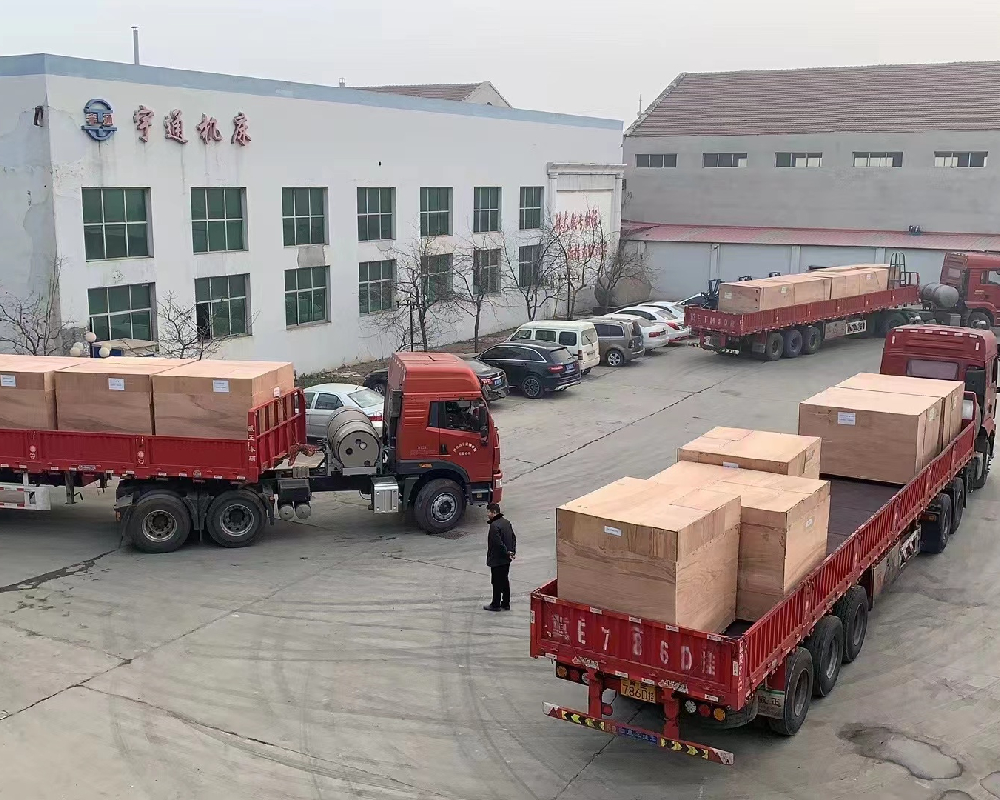
-
 Afrikaans
Afrikaans -
 Albanian
Albanian -
 Amharic
Amharic -
 Arabic
Arabic -
 Armenian
Armenian -
 Azerbaijani
Azerbaijani -
 Basque
Basque -
 Belarusian
Belarusian -
 Bengali
Bengali -
 Bosnian
Bosnian -
 Bulgarian
Bulgarian -
 Catalan
Catalan -
 Cebuano
Cebuano -
 Corsican
Corsican -
 Croatian
Croatian -
 Czech
Czech -
 Danish
Danish -
 Dutch
Dutch -
 English
English -
 Esperanto
Esperanto -
 Estonian
Estonian -
 Finnish
Finnish -
 French
French -
 Frisian
Frisian -
 Galician
Galician -
 Georgian
Georgian -
 German
German -
 Greek
Greek -
 Gujarati
Gujarati -
 Haitian Creole
Haitian Creole -
 hausa
hausa -
 hawaiian
hawaiian -
 Hebrew
Hebrew -
 Hindi
Hindi -
 Miao
Miao -
 Hungarian
Hungarian -
 Icelandic
Icelandic -
 igbo
igbo -
 Indonesian
Indonesian -
 irish
irish -
 Italian
Italian -
 Japanese
Japanese -
 Javanese
Javanese -
 Kannada
Kannada -
 kazakh
kazakh -
 Khmer
Khmer -
 Rwandese
Rwandese -
 Korean
Korean -
 Kurdish
Kurdish -
 Kyrgyz
Kyrgyz -
 Lao
Lao -
 Latin
Latin -
 Latvian
Latvian -
 Lithuanian
Lithuanian -
 Luxembourgish
Luxembourgish -
 Macedonian
Macedonian -
 Malgashi
Malgashi -
 Malay
Malay -
 Malayalam
Malayalam -
 Maltese
Maltese -
 Maori
Maori -
 Marathi
Marathi -
 Mongolian
Mongolian -
 Myanmar
Myanmar -
 Nepali
Nepali -
 Norwegian
Norwegian -
 Norwegian
Norwegian -
 Occitan
Occitan -
 Pashto
Pashto -
 Persian
Persian -
 Polish
Polish -
 Portuguese
Portuguese -
 Punjabi
Punjabi -
 Romanian
Romanian -
 Russian
Russian -
 Samoan
Samoan -
 Scottish Gaelic
Scottish Gaelic -
 Serbian
Serbian -
 Sesotho
Sesotho -
 Shona
Shona -
 Sindhi
Sindhi -
 Sinhala
Sinhala -
 Slovak
Slovak -
 Slovenian
Slovenian -
 Somali
Somali -
 Spanish
Spanish -
 Sundanese
Sundanese -
 Swahili
Swahili -
 Swedish
Swedish -
 Tagalog
Tagalog -
 Tajik
Tajik -
 Tamil
Tamil -
 Tatar
Tatar -
 Telugu
Telugu -
 Thai
Thai -
 Turkish
Turkish -
 Turkmen
Turkmen -
 Ukrainian
Ukrainian -
 Urdu
Urdu -
 Uighur
Uighur -
 Uzbek
Uzbek -
 Vietnamese
Vietnamese -
 Welsh
Welsh -
 Bantu
Bantu -
 Yiddish
Yiddish -
 Yoruba
Yoruba -
 Zulu
Zulu
Exploring the Advantages of Roll Thread Machines in Modern Manufacturing
The Roll Thread Machine Revolutionizing Fastener Manufacturing
In the ever-evolving landscape of manufacturing, precision and efficiency are paramount. One of the critical components in this realm is the roll thread machine, a device designed to produce threaded fasteners with unparalleled accuracy and speed. This technology has transformed the production processes in various industries, including automotive, aerospace, and construction, allowing manufacturers to meet the rising demand for high-quality threaded components.
What is a Roll Thread Machine?
A roll thread machine is a specialized piece of equipment that creates threads on metal rods through a process known as thread rolling. Unlike traditional cutting methods, which remove material to form threads, roll threading is a cold-forming process. It reshapes the material by applying significant pressure using dies, resulting in threads that are stronger and more durable due to the work hardened surface.
Advantages of Roll Thread Machines
One of the primary advantages of roll thread machines is their efficiency. The thread rolling process is significantly faster than traditional cutting methods, enabling manufacturers to produce more components in less time. This increase in production speed is crucial in industries where timely delivery is vital.
Additionally, roll threading offers superior material utilization. Since the process does not remove material but reconfigures it, there is minimal waste generated. This not only reduces production costs but also aligns with contemporary sustainability practices, emphasizing the importance of resource conservation.
Quality is another aspect where roll thread machines excel. The cold-working process induces a grain flow that enhances the strength of the threads. Roll-threaded components show improved fatigue resistance compared to their cut-threaded counterparts. This characteristic is particularly beneficial in high-stress applications, such as those found in the automotive and aerospace sectors, where component failure can lead to catastrophic failures.
roll thread machine

Applications Across Industries
The versatility of roll thread machines allows them to be utilized across a wide range of industries. In the automotive industry, they are commonly employed to produce fasteners such as bolts and screws that are crucial for vehicle assembly. The aerospace sector leverages roll-threaded components in aircraft and spacecraft, where safety and reliability are non-negotiable.
Construction is another field where roll thread machines prove invaluable. Fasteners that hold structures together must withstand significant forces, and roll-threaded components deliver the necessary strength and durability. Moreover, as construction techniques evolve, the ability to produce custom, high-strength fasteners quickly is essential.
Innovations and Future Directions
Recent advancements in technology have also influenced the development of roll thread machines. Incorporating automation and computer numerical control (CNC) systems has streamlined the production process further, ensuring even greater precision and consistency. Manufacturers can now produce complex thread profiles and diameter variations with ease, tailoring fasteners to specific requirements.
As the demand for high-performance materials grows, roll thread machines continue to adapt. Manufacturers are exploring the use of advanced materials, including composites and specialized alloys, pushing the boundaries of what is possible with thread rolling technology.
Conclusion
In conclusion, the roll thread machine represents a significant leap forward in fastener manufacturing. By combining speed, efficiency, and quality, this innovative machinery is a cornerstone in the production process across various industries. As technology progresses and industries evolve, the importance of roll thread machines is likely to grow, ensuring that manufacturers can meet the increasing demands of their markets while maintaining high standards of quality and sustainability.
